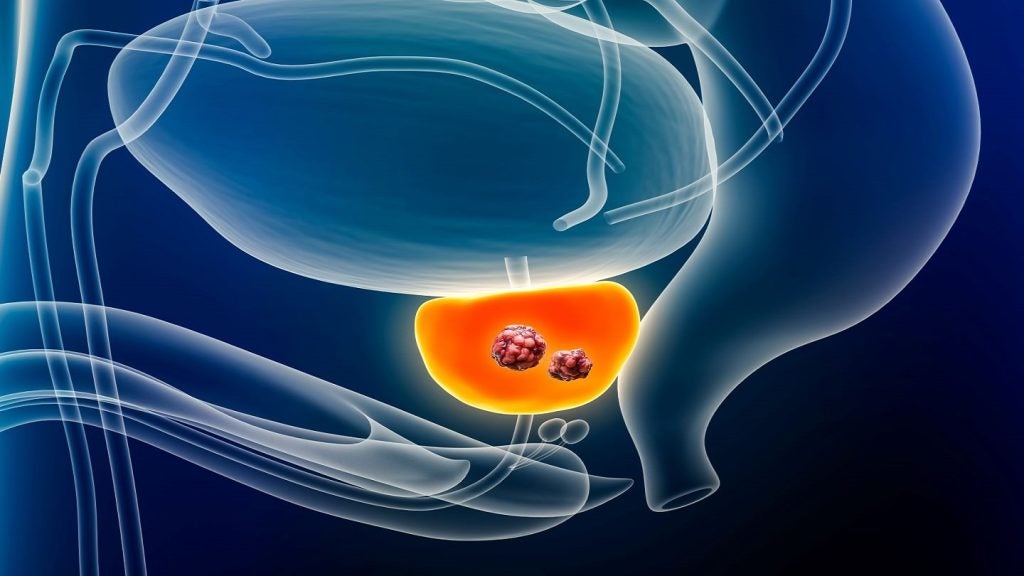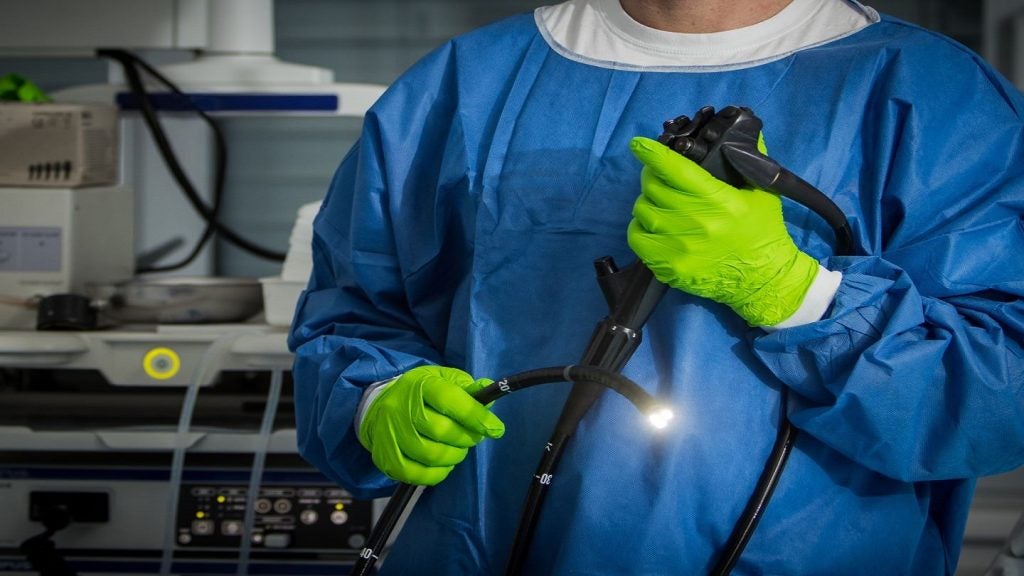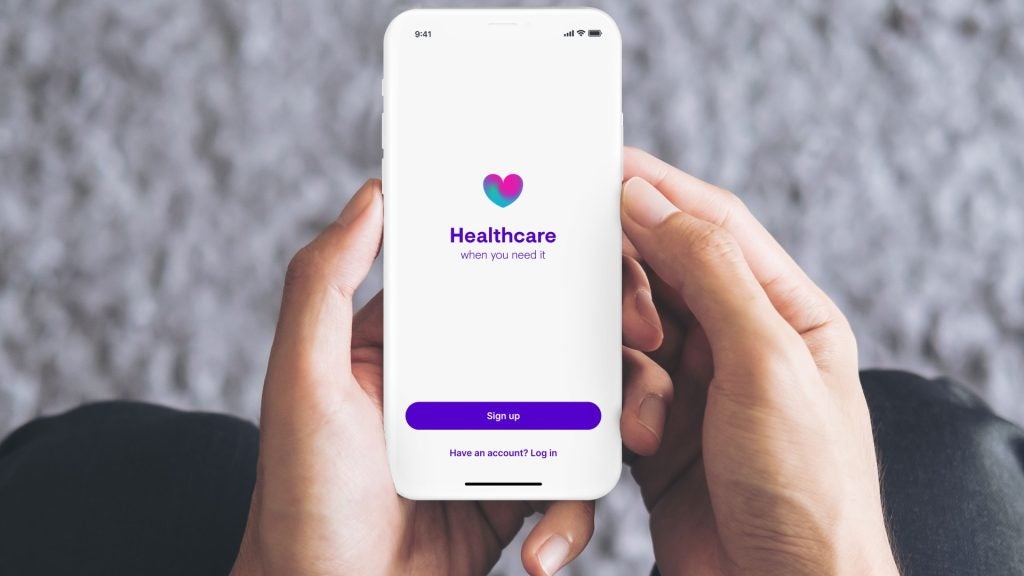ChromaCode has entered a strategic partnership with Protean BioDiagnostic for the launch of a non-small cell lung cancer (NSCLC) assay in the US.
To be available through an early access programme, the assay leverages ChromaCode’s High Definition PCR (HDPCR) multiplexing technology.
Delivering results in under 24 hours, the HDPCR NSCLC assay can help identify all National Comprehensive Cancer Network (NCCN) recommended variants in one multiplexed assay.
It has been developed for very low concentrations, needing just 15 nanograms (ng) of input DNA and 5ng of RNA.
The assay showed more than 99% coverage of target genes and a 99% concordance with next-generation sequencing, making it a better option over biomarker testing, noted ChromaCode.
Protean president and CEO Anthony Magliocco said: “We value the rapid turnaround and clinically relevant markers of the HDPCR NSCLC assay. We see a real opportunity to collaborate with commercial payors, US Department of Veterans Affairs, and other government agencies, to establish coverage and reimbursement for this revolutionary technology.”
HDPCR is an advanced approach for multiplexing biomarkers in a single, rapid assay across multiple sample types.
Implemented on ChromaCode’s cloud-based analysis platform, the HDPCR technology is suitable for use in various applications including transplant, oncology, minimal residual disease and non-invasive prenatal testing.
ChromaCode chief business officer Padma Sundar said: “This partnership aligns with our mission to increase the availability of advanced diagnostic technologies, ensuring that medical laboratories have access to cutting-edge tools that can transform the landscape of cancer care.”
















